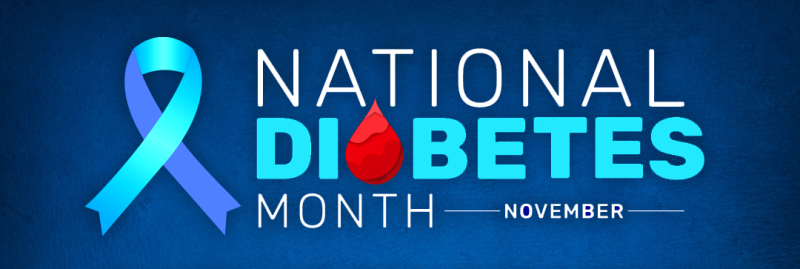Your Body’s Early Alarms: Recognizing Diabetes Symptoms Fast

1. Increased Thirst and Urination
One of the earliest and most common symptoms is polyuria, or frequent urination, caused by excess glucose spilling into the urine. This leads to dehydration, often triggering persistent thirst (polydipsia).
2. Blurred Vision
High glucose levels can cause temporary swelling of the lens of the eye, leading to fluctuating or blurry vision.
3. Slow Healing and Frequent Infections
Elevated blood sugar impairs immune function and circulation, which may cause wounds to heal more slowly and increase susceptibility to skin, urinary, or fungal infections.
4. Extreme Fatigue
Elevated blood sugar prevents cells from accessing glucose efficiently, resulting in a persistent feeling of tiredness or reduced stamina.
5. Tingling or Numbness in Extremities
Chronic high glucose can begin to affect nerve function, producing symptoms such as tingling, burning, or numbness in the hands and feet.
6. Unexplained Weight Loss
Despite normal or increased appetite, individuals, especially those developing type 1 diabetes, may lose weight. Without adequate insulin, the body begins breaking down fat and muscle for energy.
When to Seek Medical Evaluation
Anyone experiencing these symptoms—particularly in combination—should seek medical evaluation. A healthcare professional can perform simple blood tests to assess glucose levels and provide guidance on management if needed.






















































